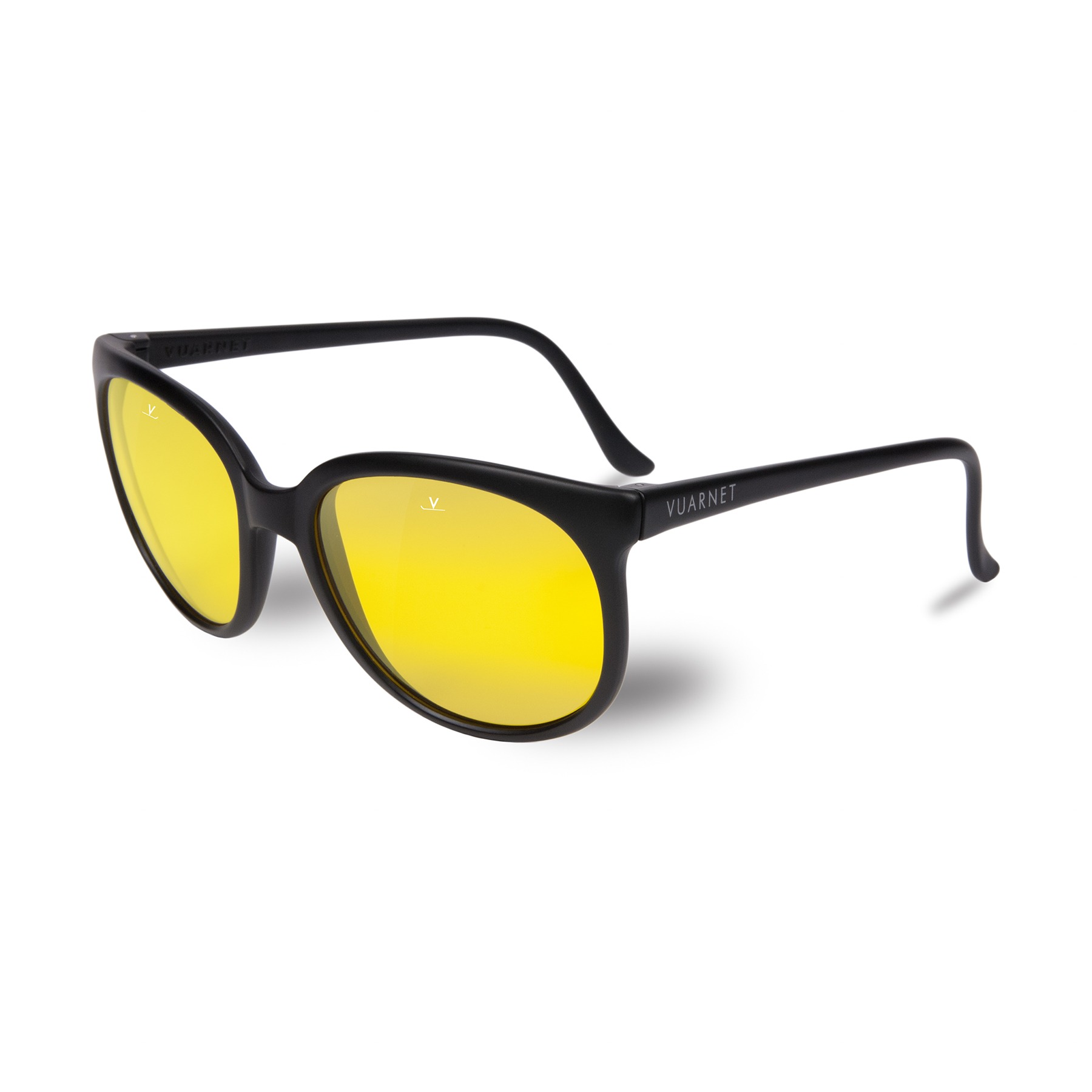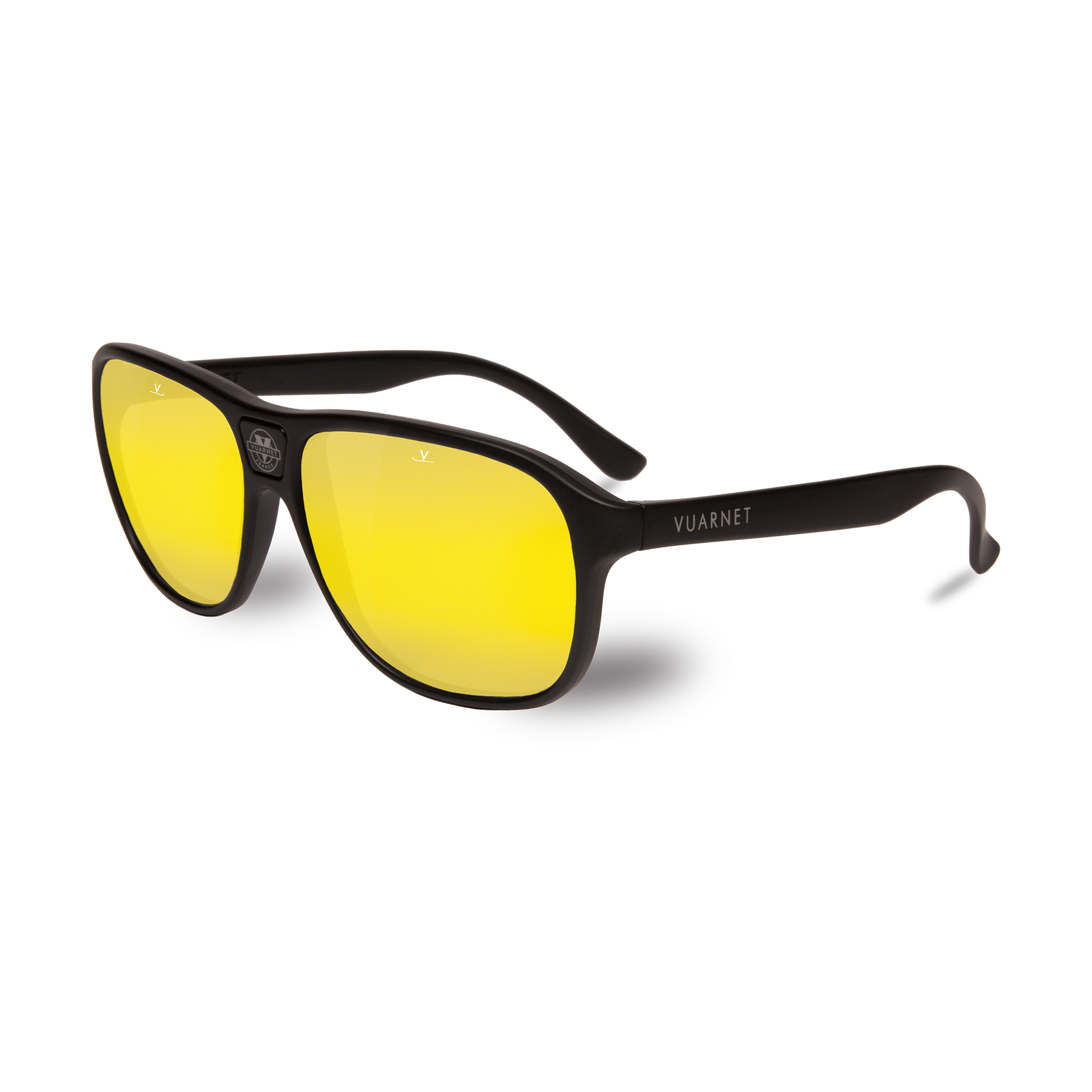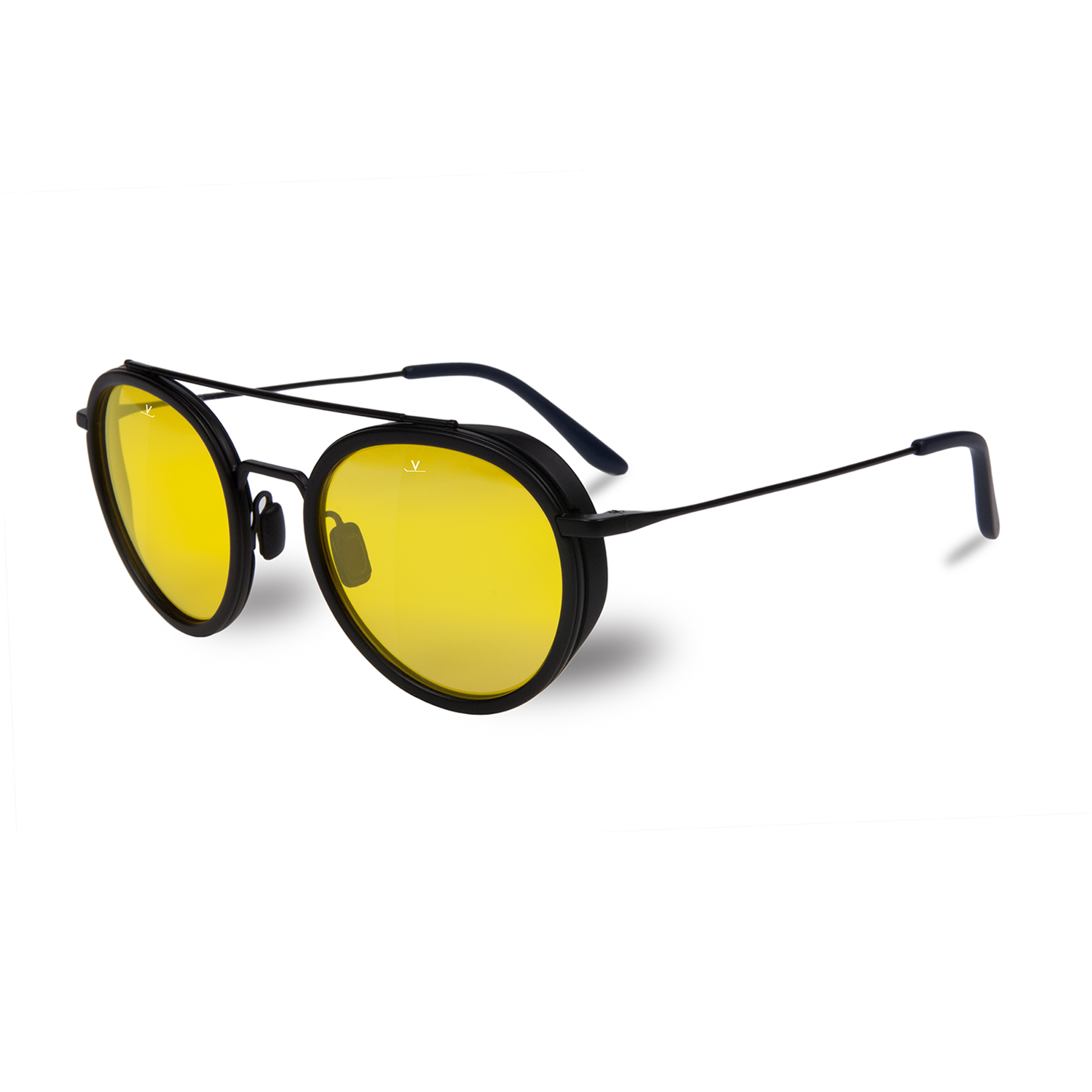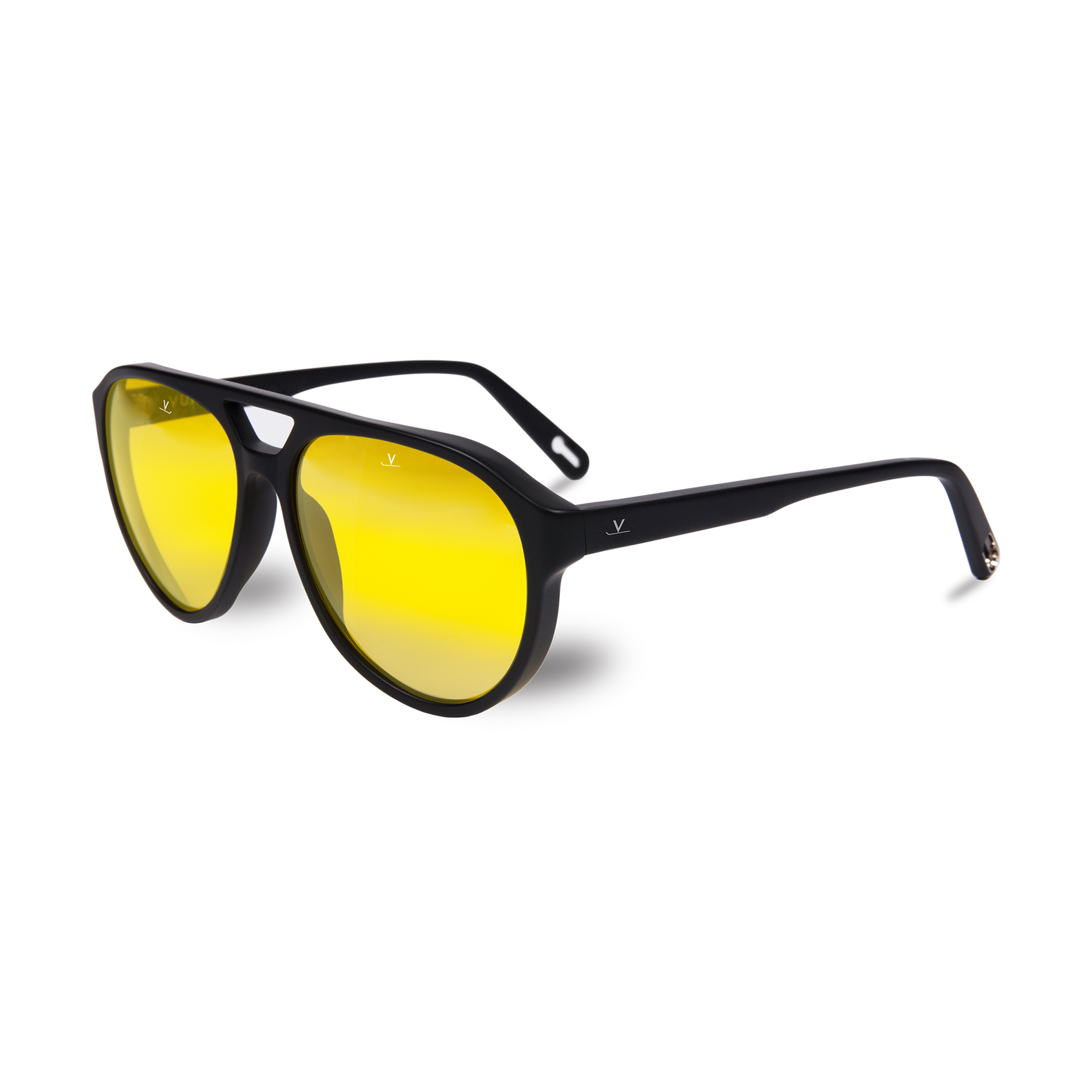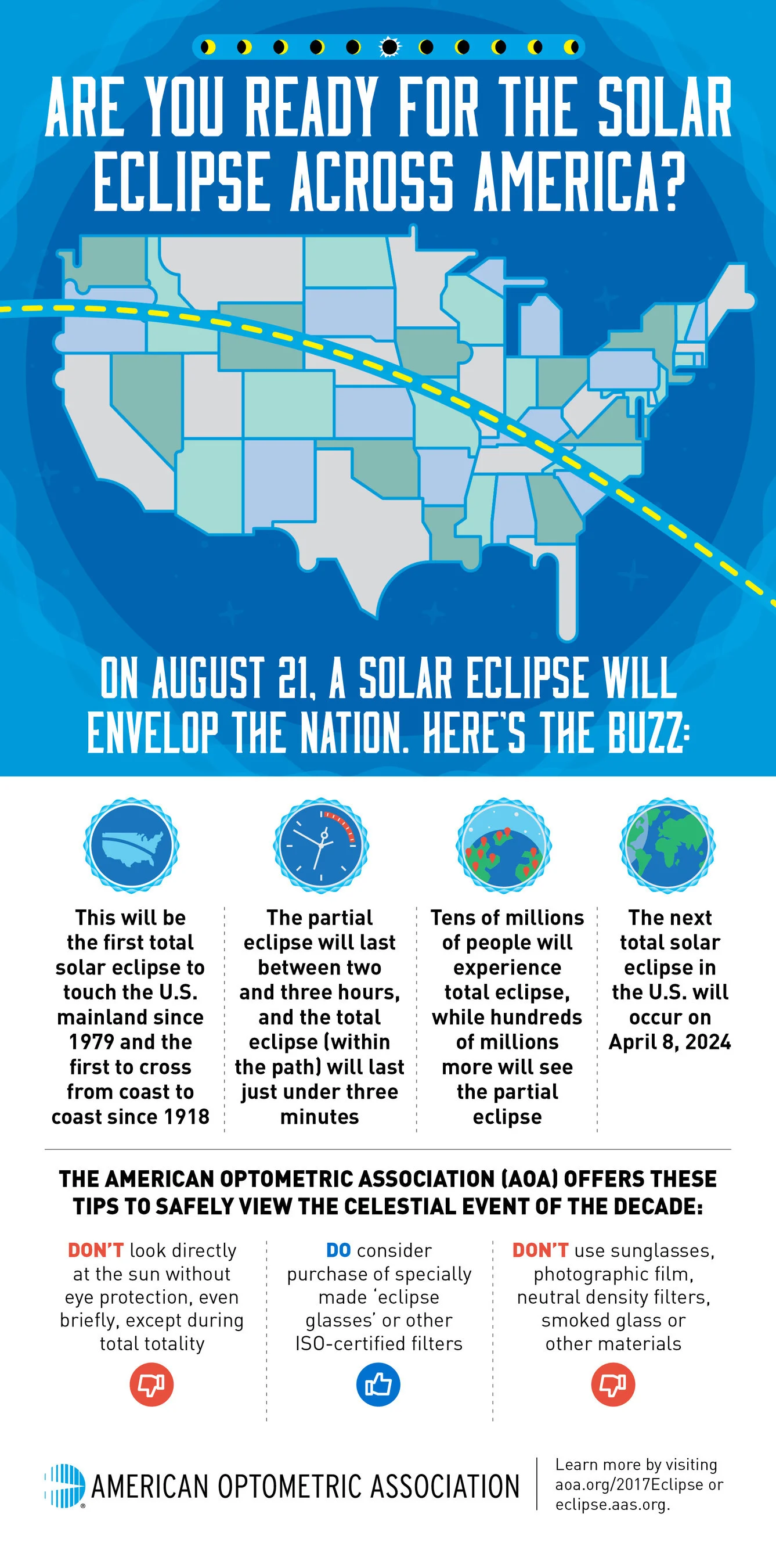NIGHTLYNX COLLECTION
TAKE BACK THE NIGHT!
Ever have trouble seeing at night or in low light conditions? French eyewear brand Vuarnet has a little something for you with their new NIGHTLYNX lens collection.
While VUARNET lenses have been ensuring unparalleled protection from the harmful effects of sunlight for 60 years, the Company has designed its new NIGHTLYNX lenses to amplify light when levels are low or completely absent.
This equipment is primarily intended for pilots but is also sure to please night owls and those who drive at night.
NIGHTLYNX lenses are unique as they combine the benefits of mineral glass - purity, clarity and incomparable optical precision, with exceptional visual acuity at night and in low light condition.
NIGHTLYNX lenses are designed to deliver unmatched clarity and visual sharpness at night, dusk and dawn, as well as in the rain or fog. While filtering 100% of UV rays, NIGHTLYNX lenses are protecting from harmful blue light. They also eliminate glare effects and noticeably improve contrast and distance perception. Sensation amplified by a bi-degraded silver mirror treatment and the multiplayer anti-reflective inside coating that attenuate other parasitic reflections.
Available in five styles, each with yellow lenses paired alongside matte black frames, visit iCare Family Vision to shop our Nightlynx assortment today.




